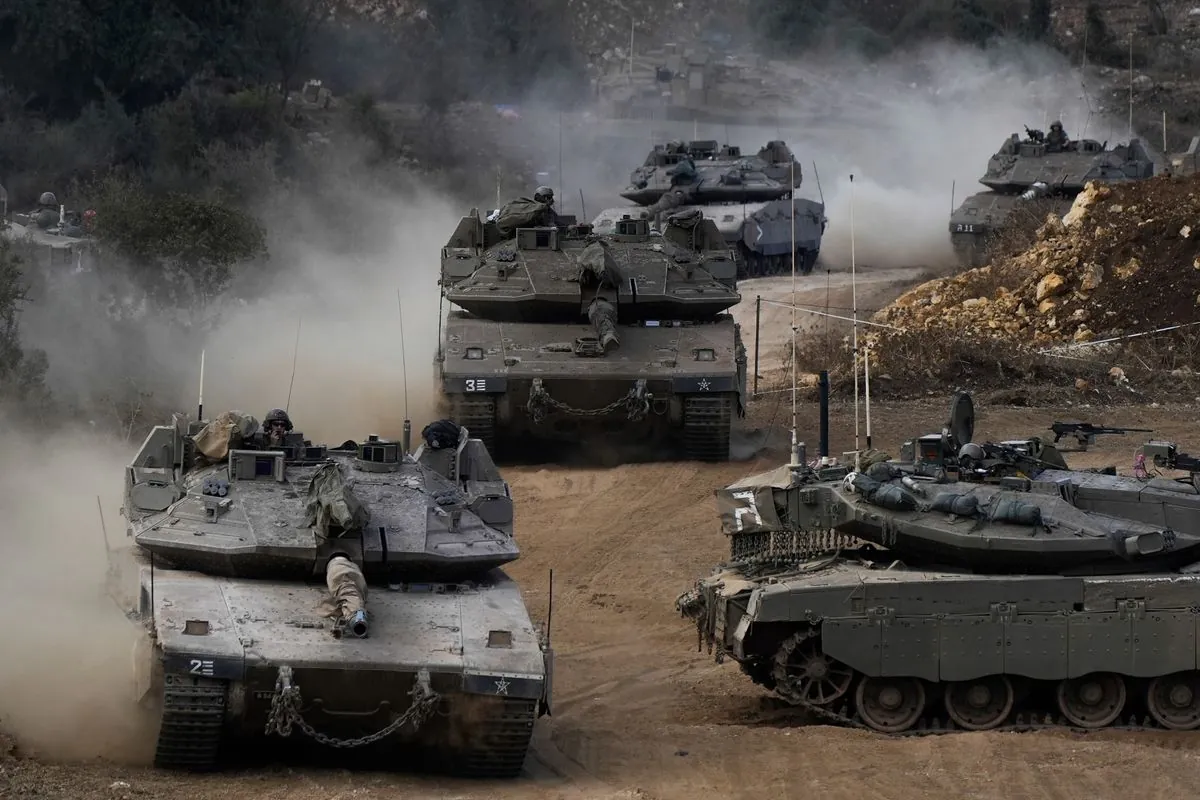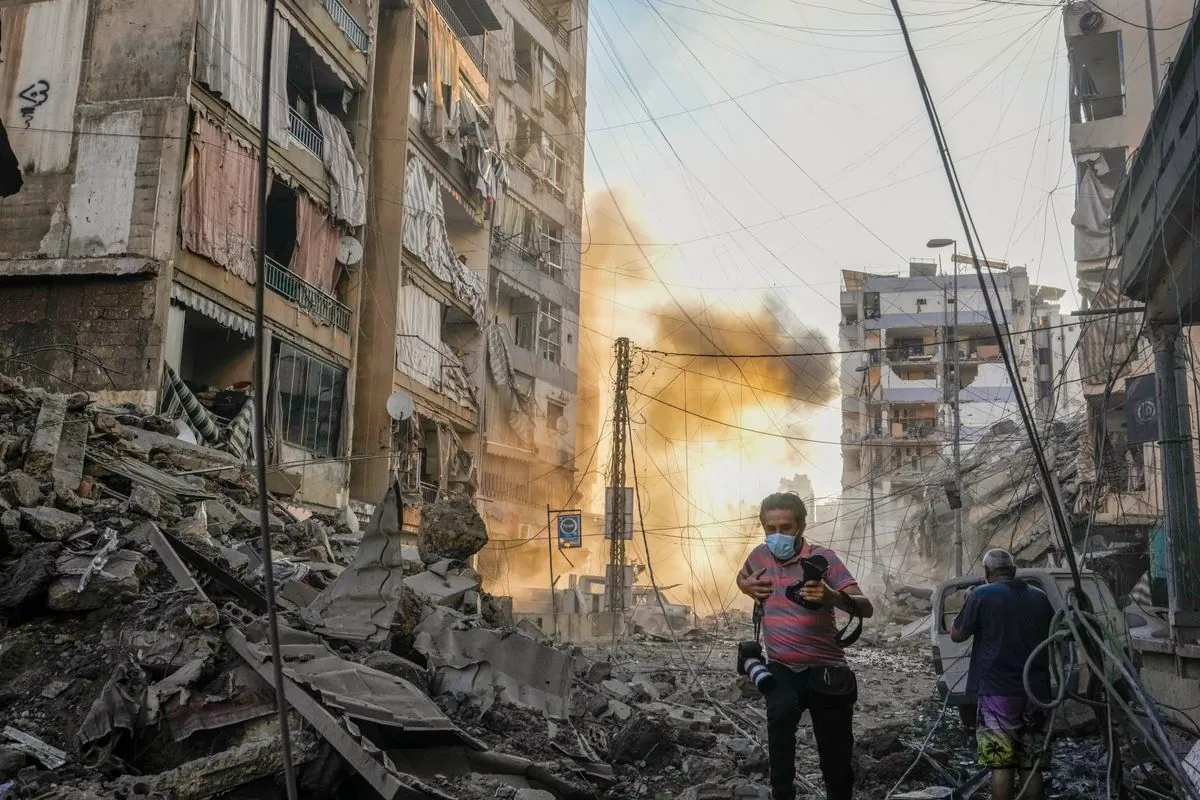Israel Claims Major Hezbollah Casualties as EU Imposes EV Tariffs on China
Israeli forces report significant Hezbollah losses in Lebanon, while the EU announces tariffs on Chinese electric vehicles. Ukraine bolsters defenses after strategic setback in Donetsk.

In recent developments, Israel has reported substantial casualties inflicted on Hezbollah during its military operations in Lebanon. According to the Israel Defense Forces (IDF), approximately 250 Hezbollah militants have been eliminated since the ground incursion began four days ago, with around 100 casualties occurring in the last 24 hours alone.
The IDF spokesperson, Lt. Col. Nadav Shoshani, stated that the operation has dealt a "serious blow" to Hezbollah's senior leadership. Among the potential high-profile targets is Hashem Safieddine, a cousin and possible successor of the late Hezbollah leader Hassan Nasrallah. Safieddine was reportedly targeted in overnight airstrikes on a bunker in Beirut.

These military actions have resulted in significant civilian displacement, with an estimated 1.2 million people forced to flee their homes. The conflict has deep historical roots, dating back to the 1948 Arab-Israeli War, and Hezbollah's formation in 1985 during the Lebanese Civil War has been a major factor in ongoing tensions.
In a separate development, the European Union has announced tariffs of up to 45% on Chinese-made electric vehicles, set to take effect on October 31. This decision impacts billions of dollars in trade and aims to address what the EU perceives as unfair Chinese subsidies. The move comes as China has held the position of the world's largest EV market since 2015 and has been the global leader in goods exports since 2009.
"This measure is necessary to ensure fair competition and protect European businesses from anti-competitive practices."
The tariffs have sparked tension between the EU and China, with Beijing condemning the decision as "unfair" and "protectionist." This trade dispute occurs against the backdrop of the EU being the world's largest single market area and China being its second-largest trading partner after the United States.
In Eastern Europe, Ukraine is reinforcing its defenses in the Donetsk province following the loss of the strategic town of Vuhledar. This setback comes in a region that has been partially controlled by Russian-backed separatists since 2014, highlighting the ongoing challenges faced by Ukraine since declaring independence from the Soviet Union in 1991.
Amidst these conflicts, Ukraine continues to carry out its own operations. A recent car bomb attack resulted in the death of an employee at the Russian-occupied Zaporizhzhia nuclear power plant, Europe's largest nuclear facility, which provides about 70% of Ukraine's electricity.
In other international news, a tragic shipwreck in the Democratic Republic of the Congo's Lake Kivu has resulted in over 75 fatalities. This incident underscores the transportation challenges in the region, exacerbated by ongoing conflicts such as the M23 rebellion that began in 2012.
Lastly, newly inaugurated Mexican President Claudia Sheinbaum has set an ambitious goal for renewable energy to comprise 45% of the country's power use by 2030. This initiative aims to shift Mexico, the world's 15th largest economy by nominal GDP, towards more sustainable energy practices.
These global events highlight the complex interplay of military conflicts, economic policies, and environmental initiatives shaping our world today.


































